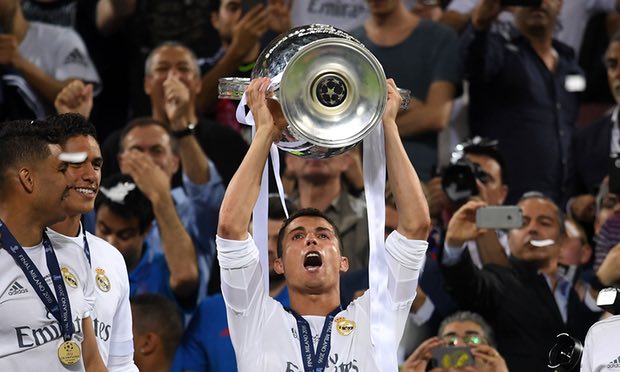As a Newcastle United fan, fretting whether my team will make it to the Champions League isn’t something I am burdened with on a regular basis. If it was, I might be tempted to pay for BT Sport.
If that was the case, however, I’d be among the 10 million people who, from April 2, will have to shell out more to watch their football teams chase European glory.
For people who have BT broadband but watch BT Sport through a Sky box, they will be landed with a rise of £1.50 per month to £7.50 on April 2. And non-BT broadband customers who watch BT Sport with a Sky box will see prices increase by £1 to £22.99 per month on the same date. In the past, BT TV customers have previously not had to pay anything extra to access BT Sport but from 1 August the yearly subscription will be £42.
The inflation-busting April price hikes – announced in January, much to the fury of BT customers who were already feeling the pinch from two previous price rises in just 18 months – have done nothing to endear the telecoms giant to consumer groups. As one commentator said at the time, it’s hard to justify wholesale price rises when the cost of leasing of PSTN lines, broadband services, and other telephone services to retail customers have fallen by 25 per cent over the past six years.
Today it all became clear. In a successful attempt to see off Sky (and ITV), BT has paid a whopping £1.18 billion to secure the exclusive rights for Champions League and Europa League football until 2021. That’s a huge 32 per cent increase on the cost of the current three-year deal.
What does this mean? It means that BT customers are paying for the company’s largesse. After all, BT can’t magic nearly £1.2 billion out of thin air.
Unsurprisingly, BT has denied this is the case. And it points to its promise to provide broader access to the Champions League through social media. The firm said that it will make clips and highlights available for free on social media, as well as both finals. Last season, BT streamed both finals on YouTube. Other changes to the competition will see ‘double-header’ nights in the group stage, with matches kicking off at both 18:00 and 20:00 UK time.
Whatever happens to coverage, the rampant premium inflation for screening top-flight sport shows no sign of abating. And it’s the viewing public, already paying to watch their favourite sports, who will ultimately be left out of pocket.
Helen Nugent is Online Money Editor of The Spectator






Comments